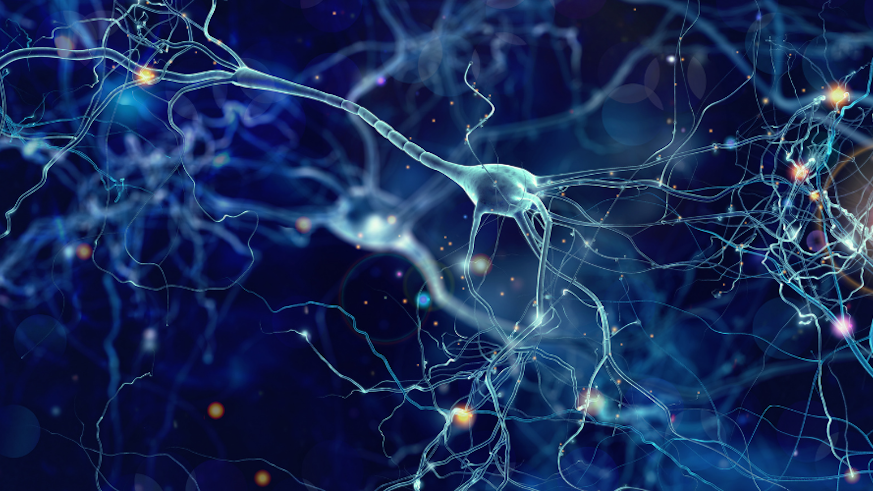Casting a light on the neuropathology of psychiatric illness
10 Mai 2021

A recent study led by a researcher from the Neuroscience and Mental Health Research Institute (NMHRI) reveals how communication between neurons in a brain region linked to schizophrenia and bipolar disorder are altered.
Human genomic studies have shown that variation in the CACNA1C gene, which encodes the CaV1.2 subfamily of voltage-gated calcium channels, is strongly associated with risk for psychiatric disorder.
CaV1.2 channels are cell membrane proteins that convert the electrical activity of neurons into brief raises of cellular calcium concentration, in support of learning and memory and regulation of gene expression.
Recent studies indicate that most risk-associated CACNA1C gene variants reduce the number of calcium channels in the brain, but the causal links to psychiatric symptoms are poorly understood.
A multidisciplinary study led by Dr Cezar Tigaret, now published in Molecular Psychiatry, reveals how a partial loss of CaV1.2 channels alters communication between neurons in a brain region implicated in the neuropathology of schizophrenia and bipolar disorder.
Dr Tigerat explained, "Using a genetic animal model, our study shows that reducing the numbers of CaV1.2 channels in neurons generates learning deficits that culminate in abnormal attribution of importance to non-important contexts, like what is seen in patients with schizophrenia.
"This deficit is underpinned by functional alterations of synapses that mediate communication between neurons, and an abnormal synchronization of neuronal activity."
The study by Tigaret et al. shows for the first time that activation of neurotrophin receptors can reverse the effects of the partial loss of CaV1.2 channels.
Neurotrophin receptors stimulate molecular signalling pathways that critically link CaV1.2 channels to learning and memory.
These findings support further investigations into the potential benefit of drugs targeting neurotrophin receptors in psychiatric disorders.